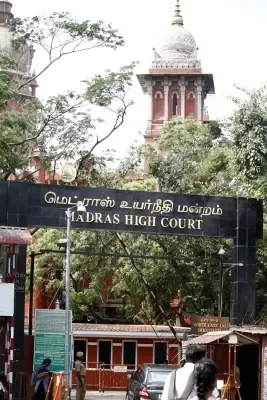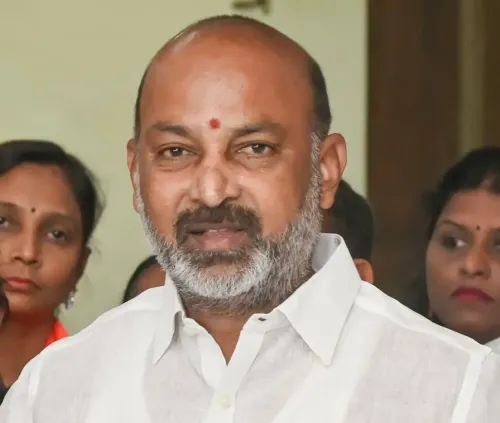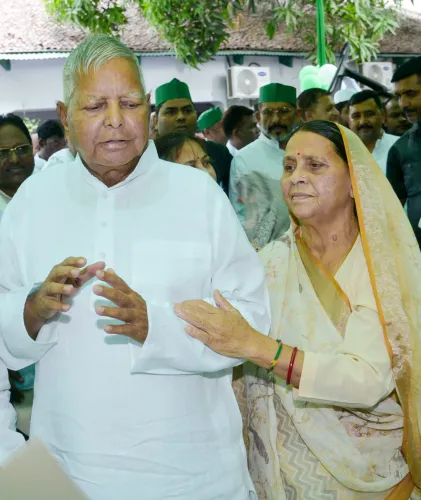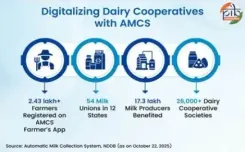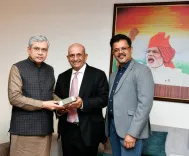Could a High-Level US Team Transform Bilateral Trade with India?
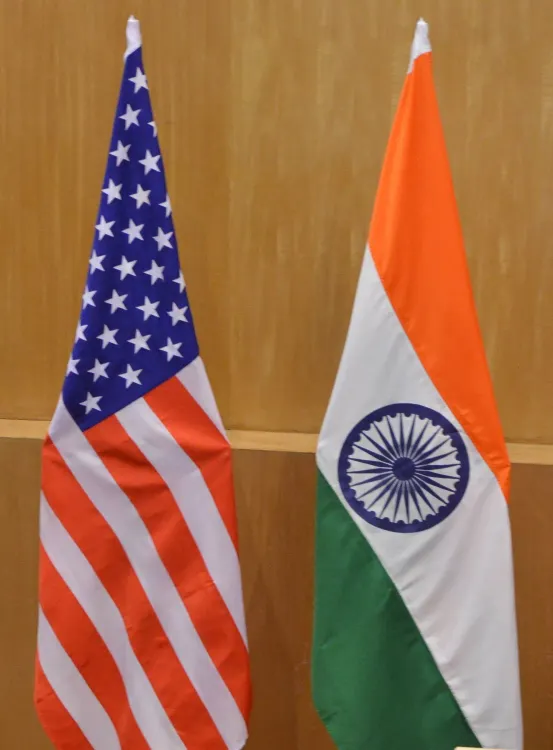
Synopsis
Key Takeaways
- High-level US trade delegation in Delhi for BTA talks.
- Negotiators aim for an interim deal by July 9.
- India proposes significant tariff reductions.
- Trade between India and US hit $129 billion in 2024.
- 'Mission 500' aims to double trade to $500 billion by 2030.
New Delhi, June 5 (NationPress) A prominent US trade delegation has landed in the nation’s capital to advance discussions for a Bilateral Trade Agreement (BTA) with India.
The negotiators aim to wrap up an interim trade deal before the July 9 deadline set by US President Donald Trump for a 90-day pause on new tariffs that were to be imposed on Indian goods. Negotiations are expected to persist afterward for a more comprehensive trade agreement targeted for signing in September-October.
This visit by the US team follows Union Commerce Minister Piyush Goyal’s recent trip to Washington to engage in trade discussions.
India has suggested substantial tariff reductions, potentially decreasing average tariffs from 13 percent to 4 percent, in return for exemptions from tariff hikes that the US imposed during Trump's presidency. These concessions echo those offered in the recent bilateral free trade agreement India signed with the United Kingdom.
India is pursuing market entry for various industrial products such as steel, aluminum, auto components, and pharmaceuticals. Recently, the US raised safeguard duties on steel and aluminum imports to 50 percent, negatively affecting India’s exports. Although India has appealed to the WTO regarding this matter, it hopes to resolve the issue through the bilateral trade agreement.
The US is also looking for broader market access for its agricultural and dairy products, but for India, protecting the livelihoods of its small farmers is a critical concern, making this a sensitive area.
India may permit the import of specific agricultural products, such as almonds, which are already being imported. As a quid pro quo, India is likely to advocate for enhanced access to the US market for seafood products like shrimp and fish, along with spices, coffee, and rubber—areas where Indian exporters are globally competitive but face tariff challenges in the American market.
Trade between India and the US reached $129 billion in 2024, with New Delhi recording a trade surplus of $45.7 billion. In February, Prime Minister Narendra Modi and President Trump initiated 'Mission 500', an ambitious plan to double bilateral trade to $500 billion by 2030. This joint decision was revealed during PM Modi’s visit to Washington.
US Secretary of Commerce Howard Lutnick also indicated this week that a trade deal between India and the United States is expected to be finalized soon. He made this statement during his address at the US-India Strategic Partnership Forum Annual Leadership Summit in Washington.


